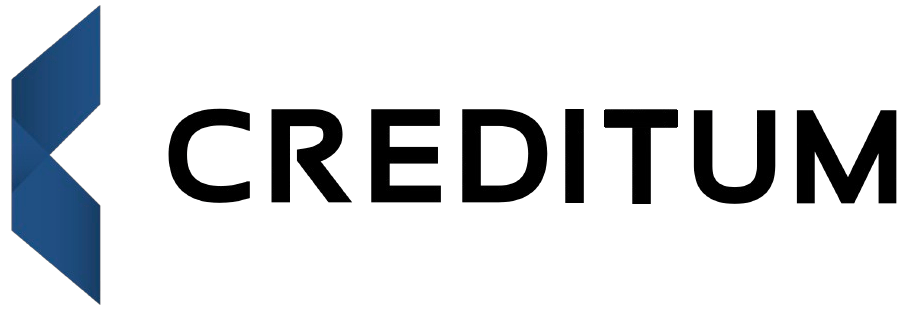Home Loans
- No impact on your credit score when
you compare - Get offers in seconds
- Loan offers are non-binding

A home loan is a type of financing that helps people buy houses or property. It’s a borrowed amount from a bank or lender, which you pay back over time with added interest. By taking a home loan, you can become a homeowner without having all the money upfront. This makes it easier for people in South Africa to achieve their dream of owning a home.
Benefits of home loans
Home loans play a crucial role in turning the dream of owning a home into reality. Instead of saving for years to afford a house, a home loan allows individuals to purchase property sooner. This ability to secure a home without upfront capital gives people the chance to start building equity and stability. Moreover, it opens doors to home ownership for many who might find it otherwise unattainable.
Another significant advantage of home loans is the flexibility they offer in terms of repayment. Borrowers can often choose terms that suit their financial situation, allowing for manageable monthly payments. This means that not only can one own a home, but they can do so without overwhelming their budget. Owning a property can also be a wise long-term financial investment, potentially increasing in value over time, which adds to the appeal of taking out a home loan.
Different types of home loans
Exploring home loans in South Africa presents various options to suit different needs. Understanding the available choices can help you navigate your financing journey with ease. Here are some common types of home loans:
- Fixed-rate Home Loans: Interest remains constant throughout the loan term, offering stability and predictability.
- Adjustable-rate Home Loans: Rates may fluctuate based on market conditions, potentially offering initial lower costs.
- Interest-only Loans: Initially, you only pay the interest, which can reduce early payments.
- Building Loans: Designed for constructing a new home, finances are released in stages as building progresses.
- Flexi Loans: Allows additional repayments which you can redraw later if necessary.
Understanding these options can help you select a home loan that best aligns with your financial plans.
How to apply for a home loan
Applying for a home loan in South Africa can seem daunting, but breaking it down into steps makes it simpler. Start by assessing your financial health. Check your credit score and ensure your financial records are in order. It’s vital to have a comprehensive understanding of your monthly income and expenses.
Next, gather all necessary documents. These typically include your South African ID, proof of income such as pay slips, and bank statements. Having your paperwork organized will streamline the process. Then, start comparing lenders. Look for competitive interest rates and terms that suit your needs. Consider consulting a mortgage broker for expert advice if you’re feeling unsure.
Finally, submit your application. Fill out the loan application form from your chosen lender, either online or in person. Be honest and accurate with your information to avoid any delays. Once submitted, the lender will assess your application and decide whether to approve your home loan. Remember, patience is key, as this process can take some time.
Factors to consider
When you’re looking at home loans, interest rates are a big deal. They change over time and can make a huge difference in what you end up paying. A lower interest rate means you’ll pay less over the life of the loan. But watch out, sometimes loans with lower interest rates have other costs that add up.
Another thing to think about is repayment terms. How long will you pay back the loan? A shorter term could mean higher monthly payments, but you’ll pay less in interest overall. Lastly, your eligibility criteria like income, credit score, and debt might affect which loans are available to you. Make sure you know these details before you apply.
Common myths about home loans
There are several widespread myths about home loans that can lead to confusion. Let’s sort out the truth from fiction.
- Many believe you need a perfect credit score to qualify. While a good score helps, lenders consider various factors including income and employment.
- It’s often thought that a 20% deposit is necessary. In reality, many lenders offer loans with lower deposits, although some fees may apply.
- There’s an idea that the lowest interest rate is always the best deal. Other costs, like fees and charges, can affect the loan’s total cost.
- People sometimes think once you have a home loan, you’re stuck with it until it’s paid off. Refinancing can be an option to get better terms as your situation changes.
- Lastly, it’s commonly assumed that banks are your only option for home loans. Other financial institutions also offer competitive rates and terms.
Why home loan comparisons matter
Comparing different home loan offers is vital for anyone looking to buy a property. In South Africa, interest rates and fees can vary significantly between lenders. By analyzing various options, you can identify which offer aligns best with your financial situation. This can save you a significant amount of money in the long run, as even a small difference in interest rates can add up to substantial savings over the loan’s lifespan.
Beyond just the financial savings, comparing loans ensures that you aren’t missing out on better terms or conditions. Some lenders might offer more flexible repayment plans or lower fees. By taking the time to compare, you’re empowered to make informed decisions, securing a deal that suits your needs. This approach not only saves money but also respects your time by narrowing down the right choices quickly. Exploring multiple home loan options is an essential step to take the guesswork out of your home buying journey.
Expert tips for successful home loan applications
Before applying for a home loan, it’s wise to check your credit score. Banks often consider this to assess your reliability. If your score is low, take steps to improve it by paying bills on time and reducing debt. Also, set your budget. Know how much you can afford to borrow by factoring in your income and existing debts. This helps in selecting a loan that fits your financial situation.
Prepare all necessary documentation in advance. Lenders will require proof of income, tax returns, and identification. Having these ready speeds up the process. Finally, consider consulting with a financial advisor. They can offer guidance on the best loan options, thus increasing your chances of approval.
